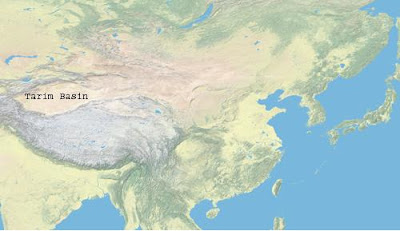Lonely Islands
After the panelists introduced
themselves, co-hosts MD and Sean of the Philomathean Society opened the
discussion with a general question: Why is this dispute here now, and not 5
years ago or 5 years from now?
The discussion overall was
interesting and most of the panelists had prepared with some well chosen words
and humorous interjections, such as Professor Wang insinuating he had perhaps
been brainwashed, Professor Dickinson that as a history professor he doesn't
keep up with current events, and Professor Goldstein that he doesn't know
anything about China. Of course all joking aside, the discussion didn't ever
produce the clear-cut answer to a question many people had: who has the better
claim? China or Japan?
Anyway, the panelists concurred
that it doesn't really matter in the physical sense. The islands are of
negligible strategic military and economic value. However, China is currently
in the middle of several territorial disputes, none of which it is particularly
eager to resolve with the 18th congress fast approaching. However, as Professor
Wang duly noted, with the protests has been a surge in nationalism promoting
everything Chinese.
This nationalism has been seen in
China before and was used to help China grow, but Wang warned that too much
nationalism can be a bad thing. The same people protesting against Japan have
also been venting their displeasures with socioeconomic inequalities by
smashing expensive cars owned by their fellow countrymen. Albeit China does
enjoy increasing leverage on the international stage with its growing economic
might, its people have possibly rediscovered the power of protest for and
against the government. The Chinese government doesn't usually allow protests. China
also has a long glorious history of Emperors exploiting peasants, which
inevitably leads to the peasants replacing said Emperor. If the Chinese people
find they enjoy protesting so much, no Xiaohuangdi is going to be able to stop
them.
F. Miller SAS '13


Comments
Post a Comment
We follow the House Rules as outlined by the BBC here.